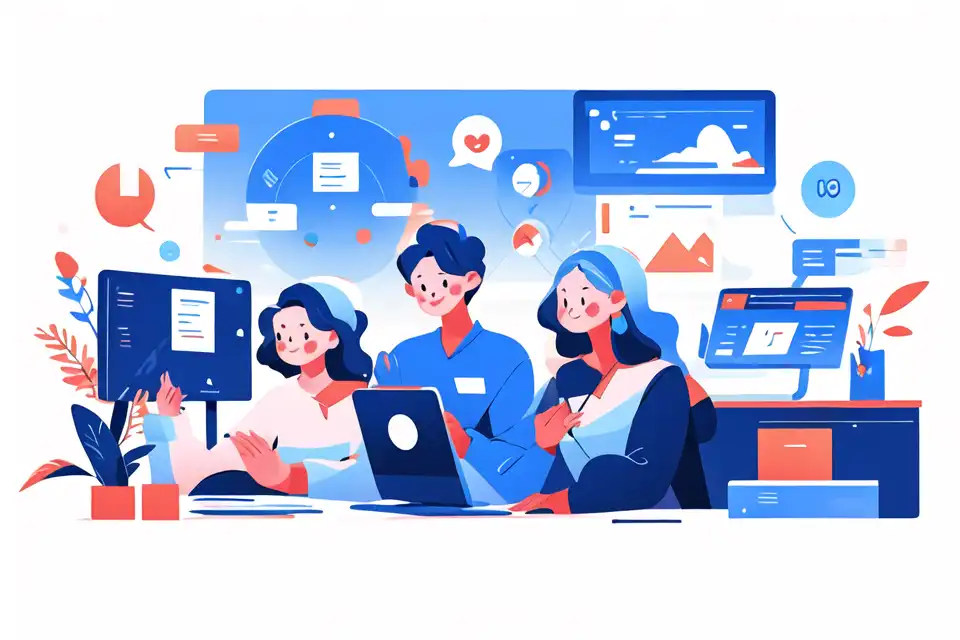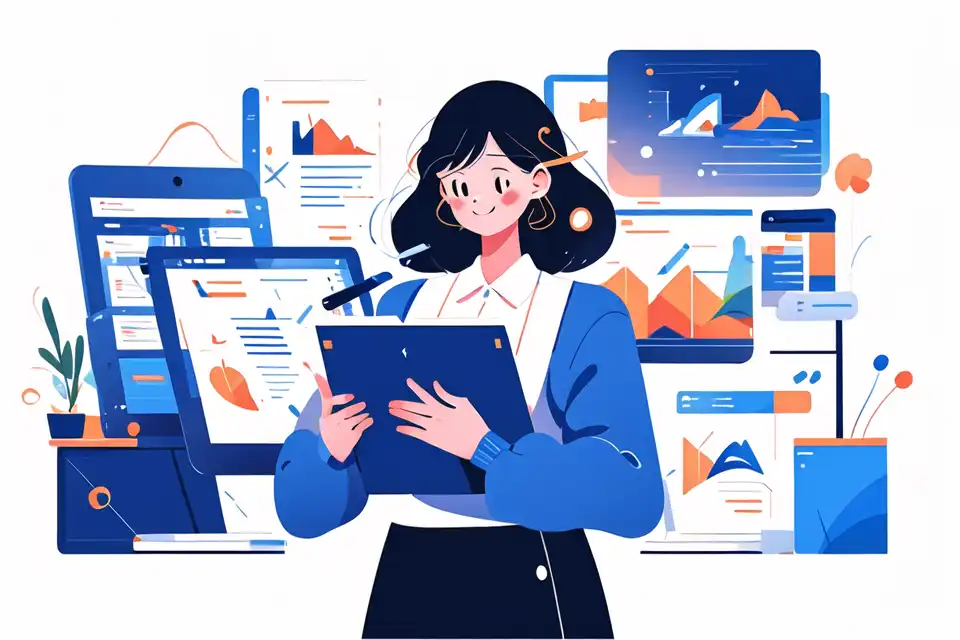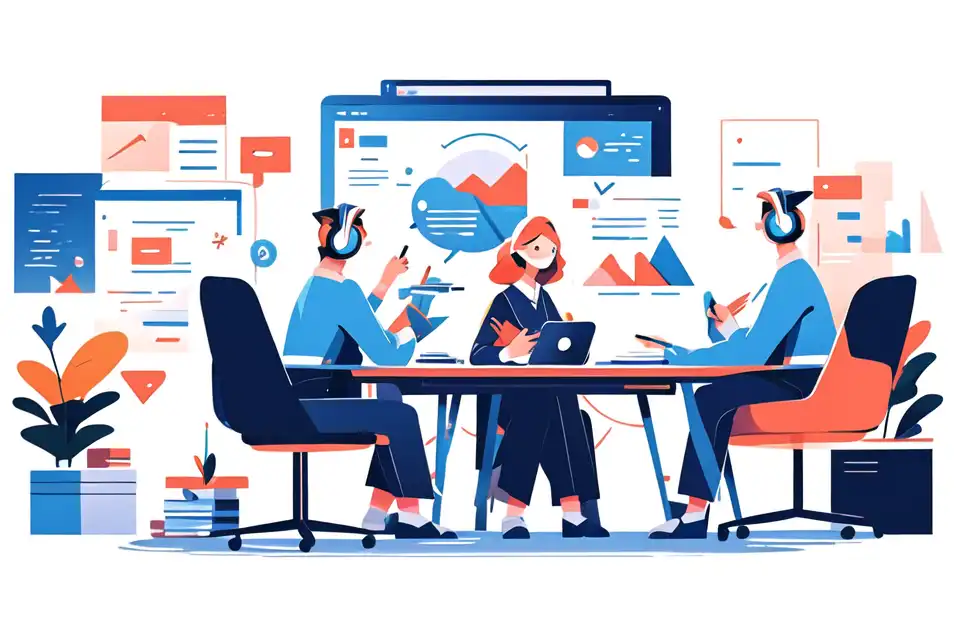
In the whirlwind of modern technology, Artificial Intelligence (AI) stands as a revolutionary force shaping the future of work. As we step further into the digital age, AI's influence on how we conduct business, manage tasks, and strategize for future growth is undeniable. This article will explore AI's transformative role in the workplace, the impact on productivity and innovation, and practical steps for integrating AI into your business strategy.
"Unlock the power of Lark to elevate your business operations."
Understanding ai's role in the future of work
Defining AI in the Business Landscape
Artificial Intelligence, or AI, refers to the capability of a machine to mimic human cognitive functions such as learning, interpreting data, problem-solving, and decision-making. From simple tasks like sorting emails to more complex operations like forecasting sales or analyzing consumer behavior, AI is rapidly reshaping how businesses function.
Significance of AI in Today's Corporate Ecosystem
AI has become a cornerstone in today's corporate environment. It aids in automating routine tasks, freeing up human resources for more strategic roles. Moreover, AI enhances decision-making by providing insights drawn from vast amounts of data, leading to more accurate and timely decisions.
Interesting Stats and Research on AI and the Future of Work
According to a report by McKinsey Global Institute, AI could potentially deliver additional global economic activity of around $13 trillion by 2030. Another study by Accenture suggests that AI could increase labor productivity by up to 40% by 2035. These statistics underline the growing significance of AI in shaping the future of work.
The impact of ai on workplace productivity and innovation
AI brings a new level of efficiency and innovation to the workplace. It can automate tedious tasks, freeing up employees to focus on creative, strategic work. Moreover, AI can analyze data to uncover trends and insights, driving innovation and growth.
Learn more about Lark can help you with everything mentioned in the article.
Implementing ai: steps and best practices
Integrating AI into your business operations isn't an overnight task. It requires careful planning, preparation, and execution. Key steps include identifying areas for AI application, choosing the right AI technology, training staff, and regularly reviewing the AI strategy.
Technological considerations for ai integration
AI integration demands considerations such as selecting the right AI platform, ensuring compatibility with existing systems, and addressing data privacy and security concerns. Overcoming these challenges requires a robust IT infrastructure and continuous technology updates.
Learn more about Lark can help you with everything mentioned in the article.
Real-world applications: case studies in ai and the future of work
Several businesses have successfully leveraged AI for improved outcomes. For instance, some companies use AI-based chatbots for customer service, while others use machine learning algorithms for predictive analytics. These case studies serve as inspiration for other businesses looking to integrate AI.
Overcoming challenges and risks in ai integration
AI integration does come with its fair share of challenges, including data privacy concerns and fears of job displacement. However, with proper strategies, such as transparent data handling policies and reskilling employees, these challenges can be mitigated.
Learn more about Lark can help you with everything mentioned in the article.
Future trends in ai and the evolution of the workforce
With AI technologies becoming more sophisticated, their applications in various industries are set to expand. From healthcare to finance, AI is poised to revolutionize how we work, leading to a more efficient and innovative workforce.
Conclusion: the transformative impact of ai on the workplace
AI is undeniably reshaping the workplace landscape. By embracing this technological evolution, businesses can unlock unprecedented levels of productivity and innovation, setting the stage for a prosperous future.
Learn more about Lark can help you with everything mentioned in the article.
Faqs on ai and the future of work
- How can AI enhance productivity?
- How does AI impact job security?
- What are some common challenges in AI integration?
Do's and don'ts of ai integration
Here are some practical tips for businesses looking to integrate AI:
| Do's | Don'ts |
|---|---|
| Do thorough research | Don't rush the integration process |
| Invest in AI training for employees | Don't ignore data privacy concerns |
| Regularly review and update your AI strategy | Don't overlook the need for a robust IT infrastructure |
Learn more about Lark can help you with everything mentioned in the article.
Step-by-step guide to adopting ai in your business
- Identify areas for AI application
- Choose the right AI technology
- Train staff on using AI tools
- Implement the AI solution
- Regularly review and update your AI strategy.
"Unlock the power of Lark to elevate your business operations."








